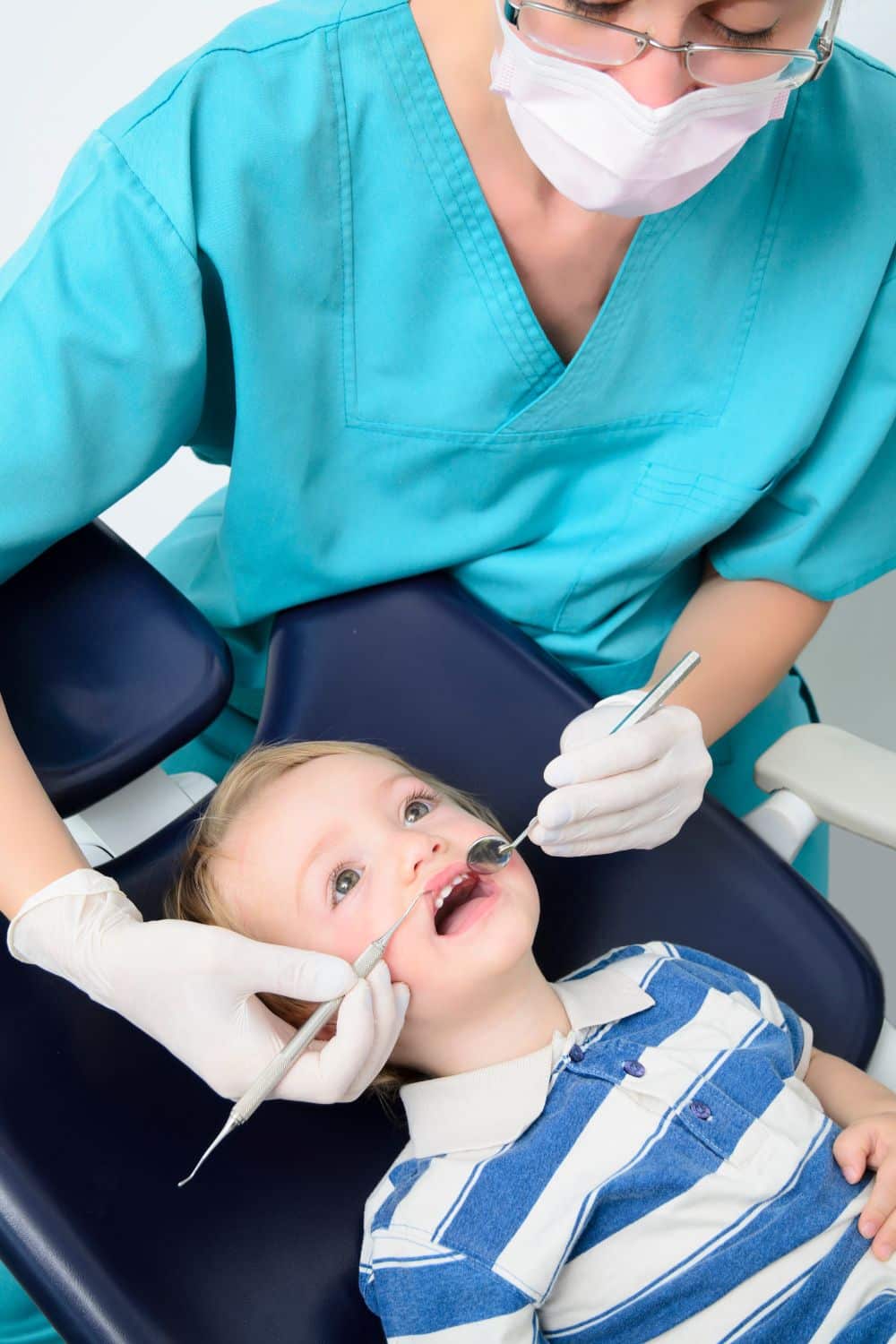Do you dread taking your kids to the dentist? Here are 4 Simple Ways To Keep Your Kids Happy At The Dentist
4 Simple Ways To Keep Your Kids Happy At The Dentist
There have been numerous studies supporting the connection between dental health and your overall well-being, and therefore, regular dentist visits should be a top priority for everyone, even the little ones. Yes, children rarely go to the dentist with a sense of relief; it’s rather a sense of reluctance and fear. Yet, these appointments are necessary and can help your child in the long run. How can you change that feeling into a more positive attitude and what steps can you take so your child stays happy while going to and at the dentist?
Introduce them to the environment
Children can come to the dentist for their first visit as early as the age of two in order to get used to it and gradually become familiar with the environment of the dental office. In the beginning, at whatever age your children meet the dentist for the first time, you should not even insist on an examination. Although it is mostly a burden on the parents, mostly due to lack of time, it is necessary to let the little one get to know the space, and the dental chair, and most importantly, to establish contact with his future dentist. A lot depends on that first contact, so you should not insist on an examination right away unless the child just wants to sit on the chair. It is extremely important that the dentist has patience and establishes an intimate relationship with the child, full of understanding and trust.
Stick to one dentist
Many families have a long practice of choosing one doctor and one dentist from an early age. The intimate bond that forms between your child and their doctor has a positive effect on the way they perceive doctor and dentist visits and can affect how often they’ll regularly check themselves in the future. Reluctance is often a clear sign of trauma, which can follow an individual well into adulthood, and therefore, look for someone with reliability and patience (as previously mentioned)- someone with the right knowledge and expertise to handle delicate situations and make your child comfortable. Also, look for a local dentist in the area. If you happen to live, let’s say, in Wyoming, your focus should be on a Cheyenne based dentist in the area, as they’re better acquainted with the mentality and you’ll save yourself a lot of travel back and forth. The other advantage is that your dentist will still be available in case of emergencies. And also, chances are the dentist went to the same elementary school or pre-school as your child and can relate to them through funny stories and anecdotes regarding their childhood. Such stories and inside jokes will keep your child interested and happy before and during the appointment.
Children usually gain trust quite easily, but once lost, that trust can take you a lifetime. Therefore, take the right step from the very beginning and avoid changing dentists often, as it will only increase your child’s trust issues.
For the sake of future quality cooperation, the dentist should assess the type of child and establish humorous but authoritative communication.
The doctor’s office should be fun and interesting
We have already said that the first time a child gets to know the doctor’s office, the instruments, the chair, and where he sits or just pours water (by pressing a button), leaves a special impression on the child.
It would be good if there were colorful glasses and masks in the office, which would entertain the child and give the impression of an environment more acceptable to the child’s imagination. Any sort of colorful patterns, posters, or even educational material adapted to the child’s interests could be of help and keep them happy. There are numerous pamphlets with interesting comic book characters explaining how to maintain proper oral hygiene and take good care of your teeth. Every dentist’s office should have this, and not only will it teach your little one a few important lessons, it will also greatly reduce the sense of stress and anxiety they might feel before the appointment.
Don’t like to them
If a painful intervention is to come, it should be explained to the child (first at home by the parents, and then by the dentist in the office) so that they know what to expect and to establish an agreement that will be respected. If the sign for stopping work is a raising of the hand or the sound “a,” it is important that the agreement is respected. Although it requires time and patience, the first contact is of crucial importance for the child’s future visits to the dentist for regular check-ups.
Of course, not every visit to the dentist is painful and unpleasant. If you start on time with maintaining oral hygiene and getting the child used to going to the dentist, there shouldn’t be any problems. Parents are role models for their children in every sense, so looking at their habits and the attitude of responsibility towards their own health, the little ones accept going to the dentist as an integral part of a healthy life, as a normal obligation.


Leave A Reply!